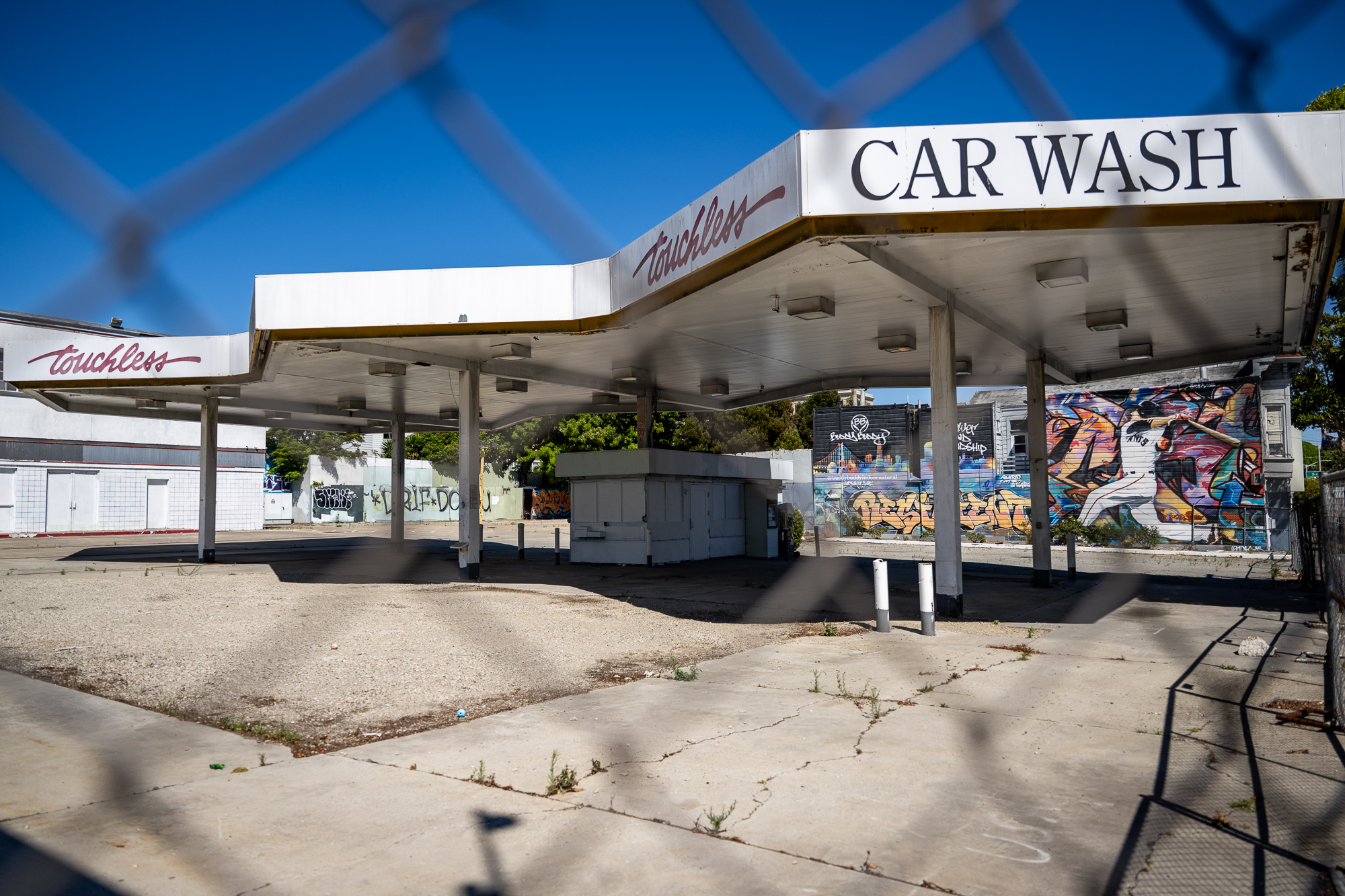
"Supervisor Bilal Mahmood is targeting language in the city's building code that he said has stymied the lot's development. This was what supposedly caused the gridlock at the lot on 400 Divisadero: as development of the project stalled for nearly a decade, the code changed multiple times, forcing developers to reapply and adding millions to the project's cost, Mahmood said. Mahmood's legislation allows builders to use the code at the time of their original application - a "simple fix" that the supervisor said should make it easier to get shovels in the ground."
"Nicholas Foster, a principal planner with the San Francisco Planning Department, said the bill "promotes more flexibility for the developers." Foster noted the bill concerns permitting construction plans rather than land-use planning, and is a technical fix aimed at getting approved projects built. Former District 5 Supervisor Dean Preston, whose office previously tried to acquire the site for affordable housing, argued that market conditions, not simply bureaucratic hurdles, stall housing projects. "The private-for-private housing market has lots of sites around San Francisco that are fully approved and that they're not moving forward on," Preston said. "And that has far more to do with the overall market conditions, the costs of capital, their anticipated returns and their desire to wait until rents continue to skyrocket so that they can make more money when they build it.""
A vacant car wash lot at Oak and Divisadero has become a visible example of delayed housing development. Repeated changes to the city's building code forced developers to reapply and raised project costs during nearly a decade of stalled progress. Legislation would let builders use the code that existed when they first applied, reducing the need to revise approved plans and lowering permitting delays. The Planning Department describes the measure as a technical fix focused on construction permitting rather than land-use policy. Critics argue that market conditions, financing, and developer incentives often drive delays more than code changes. The bill is scheduled for a full board vote in October.
Read at Kqed
Unable to calculate read time
Collection
[
|
...
]